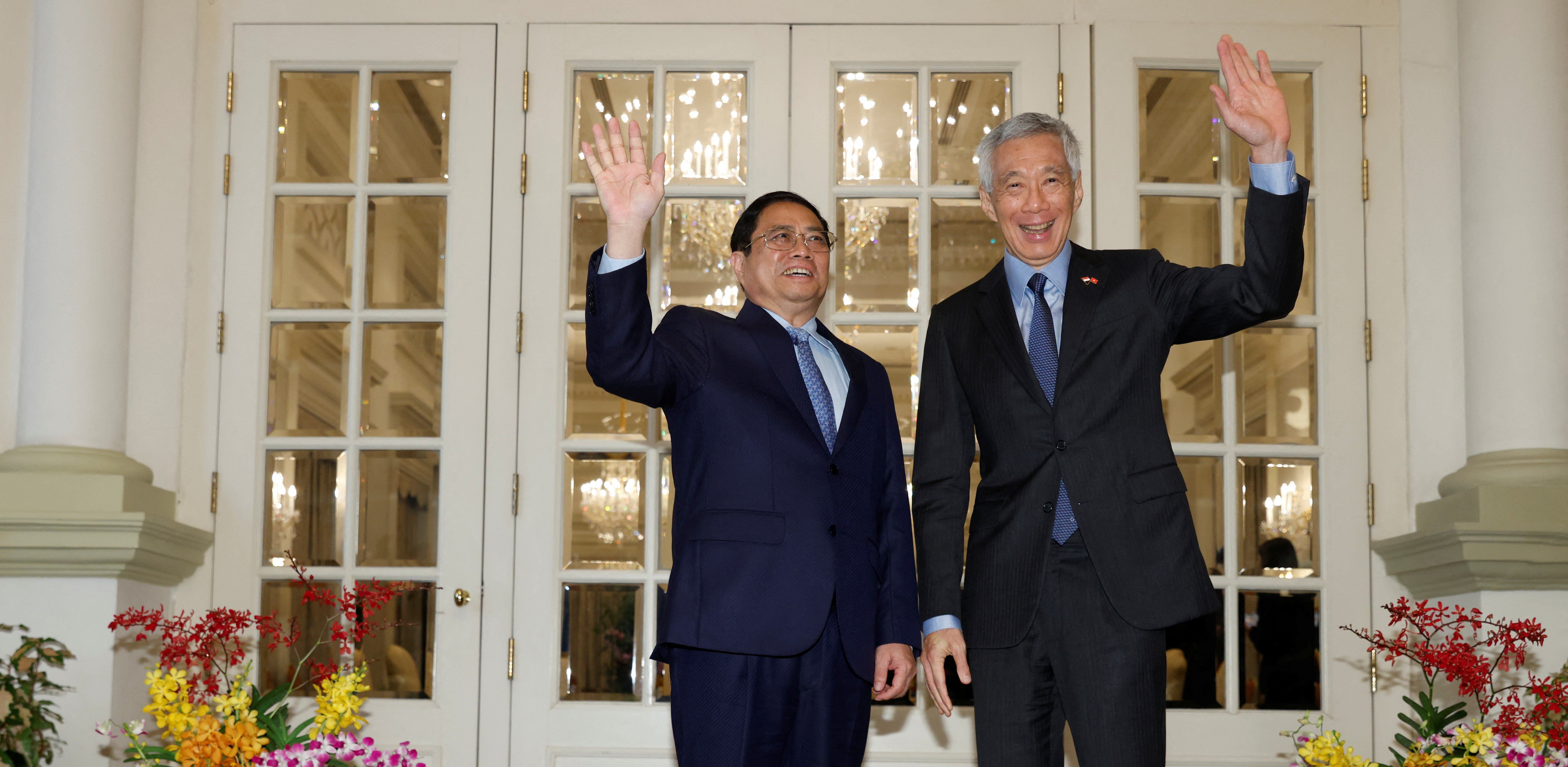Post-Davos, another of the big trends we will be watching this year is the expansion of the “friendshoring” phenomenon that has seen a significant rise in the political proximity of trade (and a shift away from geopolitical rivals).
Trade between the US and China is still rising in absolute terms, but Beijing’s share of exports to the US has fallen 7.2% since 2017. Other countries like Mexico and Canada are hoping to pick up some scraps, based on trade agreements and being nestled next to the US border. Canadian Deputy Prime Minister Chrystia Freeland was in Davos making a pitch for new investment, based on Canada’s critical mineral resources and clean energy supply (not to mention, $88 billion in investment subsidies to compete with the US Inflation Reduction Act).
There are signs that such blunt industrial policy is working. An MIT clean investment monitor for Q3 2023 suggested that there was a 42% year-on-year increase to $64 billion in US investment in clean technology – from manufacturing (mainly the EV supply chain) to retail purchases. The billions available to businesses and consumers through the IRA is likely to have played a big role in ensuring that money did not go overseas.
But there is one beneficiary of the friendshoring phenomenon that is not relying solely on its checkbook: Vietnam. The Southeast Asian country is curious in many ways, not least because it remains a Marxist-Leninist one-party socialist republic.
Prime Minister Pham Minh Chinh was in Davos to explain how he squares his country’s socialist principles with hard-bitten capitalist competition for investment. He said the goal is to develop a “socialist-oriented market economy” based on supply and demand, but where the state is present to accommodate “unpredictable” events like COVID. Vietnam is seeking to become a modern, developed, high-income country by 2050, he said, and it has come a long way already since the late 1980s. GDP growth was 4.7% last year and is forecast to be 5.8% in 2024.
Vietnam has managed to juggle relations with the US, its former enemy, and China, which lays claim to parts of the South China Sea currently controlled by Hanoi.
China remains its biggest trading partner, and two-thirds of its manufacturing inputs are reliant on imports from Beijing.
But Vietnam has seen its foreign direct investment soar, as it has positioned itself as an option for Western businesses looking to hedge away from China. Typically, manufacturing wages are around half that paid in China. Pham said his priorities now are to raise education standards to foster advanced manufacturing in semiconductors, AI, and green technology.
He said the chairman and CEO of US tech giant, Nvidia Corporation (Jen-Hsun Huang), visited Vietnam recently and said he plans to make it his company’s second home.
“We always stand ready to facilitate investment,” said the ostensibly communist leader.
Lenin will be whirling in his mausoleum.
